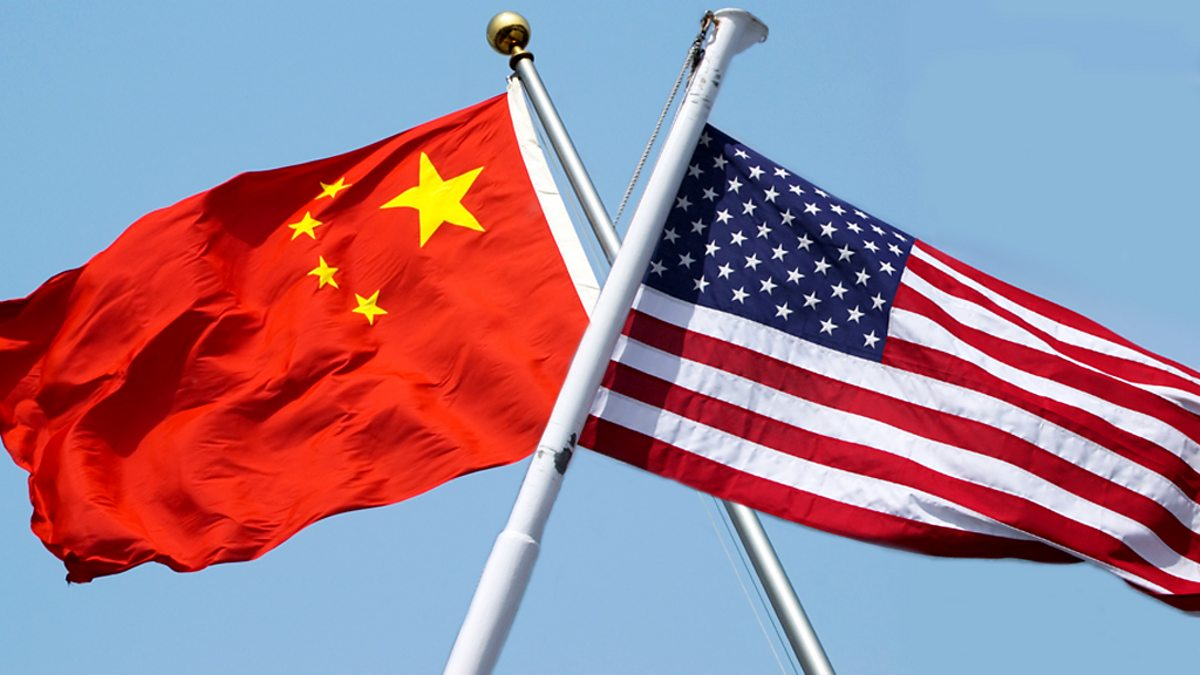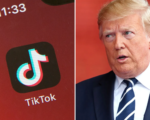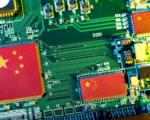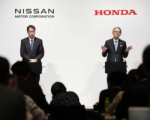Chinese state media have commended select U.S. companies for their “strong collaboration,” amidst escalating concerns over a renewed trade war as Donald Trump prepares to assume the U.S. presidency on January 20. These remarks echo media strategies used during Trump’s first term, where corporate behavior toward China was scrutinized for hints of favorability or potential penalties.
The Global Times, a state-owned outlet, highlighted companies like Apple, Tesla, Starbucks, and HP for their productive partnerships in China. It emphasized the importance of U.S. policymakers recognizing and fostering an environment conducive to such trade collaborations. Similarly, the China Daily referenced Morgan Stanley’s recent regulatory approval to expand operations in China as evidence of continued foreign interest in the Chinese market.
Trump’s Tariff Threats and Chinese Responses
Trump has announced plans for a 10% tariff on Chinese goods, citing Beijing’s insufficient action in addressing the opioid crisis fueled by Chinese-made chemicals. On the campaign trail, he proposed tariffs exceeding 60% on Chinese imports, signaling a tough stance on trade.
During Trump’s first presidency, China unveiled its “Unreliable Entity List,” threatening restrictions on U.S. companies like Apple, Cisco, and Qualcomm. While the list remained largely symbolic, targeting only firms involved in arms sales to Taiwan, it underscored tensions between the two nations.
Beijing appears cautious this time. Experts like Bo Zhengyuan, a Shanghai-based consultant, believe China will avoid immediate retaliation after any formal U.S. tariff announcement, given its fragile economy. However, longer-term measures could follow if China’s commercial interests are significantly impacted.
Business Sentiments and Strategic Implications
The strained trade relations have left U.S. businesses wary. A September survey by the American Chamber of Commerce in Shanghai found only 47% of U.S. firms optimistic about their five-year business prospects in China. American executives have noted the indirect nature of policy communication during trade disputes, often relying on state media to discern Beijing’s priorities and potential threats.
Despite these challenges, China is signaling its desire to maintain robust partnerships with U.S. firms, potentially as a buffer against a new wave of tariffs. Yet, retaliation remains an option if the economic or political pressure intensifies.
Both nations face a delicate balancing act: the U.S. in pursuing aggressive trade policies without alienating American businesses, and China in defending its economic interests while preserving foreign investment amid a slowing economy.


















